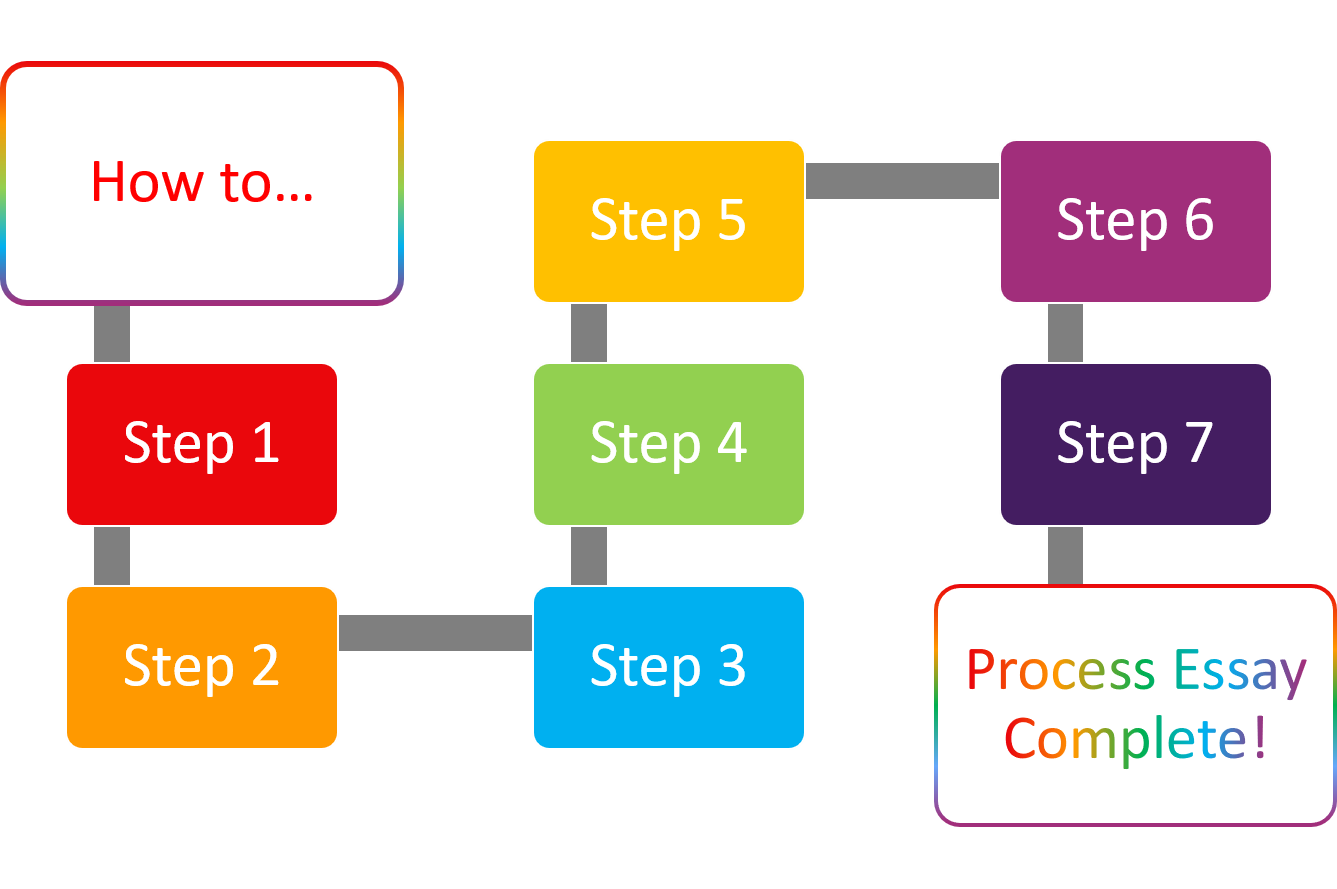KEY TO GETTING 8.0 BAND
Are you in need of knowing the IELTS writing test tips and strategies? We have the solution to your problem. IELTS writing strategies can help you prepare for the highest band score and excel further as an English language specialist. Here are some valuable tips and strategies for IELTS writing by DiRi Talents Associates.

Before sharing the IELTS writing tips and strategies, lets start by dividing the IELTS test into two sections:
- Academic
- General
How to assess IELTS writing tasks?
While assessing the IELTS writing task, the requirements of academic IELTS tests include summarizing, describing, and deducing the data in 150 words, lasting for 20 minutes. The data contains charts, graphs, diagrams, and tables.
How to improve writing in IELTS?
The second task includes essay writing which should be 250 words at least. The tips for writing an essay include focusing on the tone, which should be formal and academic. You can be mixed with more examples and relevancy. The essay word limit for IELTS should not exceed 500 words.
Turning towards IELTS writing strategies, here are some top-notch points you can keep in mind for higher scores.
TIPS TO BECOME A MASTER OF IELTS WRITING SKILL
Many IELTS test takers try to be in a class all by themselves. This quench leaves them with using vocabulary, which is uncommon, grammar that is not required, and so forth. A query arises here: Does stuffing the essays with such material make the essay catchy?
Getting 8.0 bands in IELTS
The answer is NOT AT ALL. Getting 8.0 bands in IELTS is not difficult if the following strategy is adopted:
TIP NO. 1: ACQUAINTANCE WITH THE STRUCTURE OF ESSAY WRITING
It is the foremost tip for IELTS writing. Most of the students find it the most difficult. There should be an urge to hold off the structure of essay writing. Simplicity and accuracy are the main ingredients of the essay. All sections of an essay, including a catchy introduction, body, and crux, should be discussed.
TIP NO. 2: ASSIDUOUS UNDERSTANDING OF QUESTION
Answering the question to the point is an art. If you have clarity on the question, there are more chances to answer it wisely. Make it clear that the writing modules focus on testing your English than your ideas and expressions. Therefore, keep an open eye on the question and answer them vigilantly. Answering the question right can increase your score.
TIP NO. 3: USE CORRECT GRAMMAR
IELTS test takers find using correct grammar the most challenging job. Writing and speaking are two different elements during this test. Proper construction of sentences can make the examiner feel that the test taker has good English. The subject and verb should agree in one sentence, followed by being either singular or plural.
TIP NO. 4: PROPER VOCABULARY
Curbing the severance of words helps in attracting the attention of the examiner. It is not a good practice to use the exact words multiple times. His is lose the interest of the examiner or grader. Use easy vocabulary instead of writing prolonged sentences and complex language.
TIP NO. 5: KEEP A COUNT OF WORDS
It would be better if you were vigilant about word count. It sometimes becomes complicated for the test takers to keep stuck to the word limit. Reaching above the word limit can penalize the test taker.
There are numerous differences between the writing styles of the two tests. In comparison to PTE, IELTS requires a shorter amount of content. Generally, PTE essays are usually between 200 and 300 words long. In contrast, IELTS essays are typically between 250 and 500 words long, with the first task having several 150 words and the second task having several 250 words.

TIP NO. 6: USE OF FORMAL AND SLANG-FREE LANGUAGE
Avoid using slang words like he’s, won’t, don’t, etc. Those who focus on remaining formal head towards achieving a band of 8+. Essay writing and letter writing have some bifurcation that should be sorted out while writing an essay.
TIP NO. 7: PROPER TIME MANAGEMENT
Proper time management plays a pivotal role which conducting a test. Enough time is given for attempting the test of IELTS. It is necessary to keep an eye on the watch so that both tasks are done in time. The answer to every question is within the material provided to you. Don’t hassle and plan things properly to finish the job well in time.
Recommended: How to Write Short Story of 500 words
TIP NO. 8: FOCUS ON BEING RELEVANT
Being relevant is another main ingredient of IELTS writing. Stay limited to quality instead of quantity. Be vigilant that there is a limit of 150 words in part 1 and 250 in part 2. It would be better to write 160-10 words for part 1 and 270-280 words for part 2.

TIP NO. 9: APPEALING AND READABLE ANSWERS
For appealing and readable answers, it is always better to avoid crowded and disinterested material in the essays. Writing simply and to the point is an art few people tend to achieve. Appealing and readable material helps a grader to see things quickly.
TIP NO. 10: CHECKING AND RE-CHECKING THE ANSWERS IN THE END
Last but not least, check and counter-check your paper to ensure that all questions have been attempted to avert a defeating situation.

Let’s focus on a quick swirl of the previous discussion. The IELTS exam is something that you can never take for granted and the above mentioned IELTS writing tips and strategies can consider as valuable IELTS advice.
IELTS Writing Skills
The IELTS writing skills needs practice and practice till the last moment gives you success. Having an acquainted knowledge and going through the above tips for IELTS preparation will suffice your requirement. Be specific and transparent in your writing, and use more examples to enhance your work.
